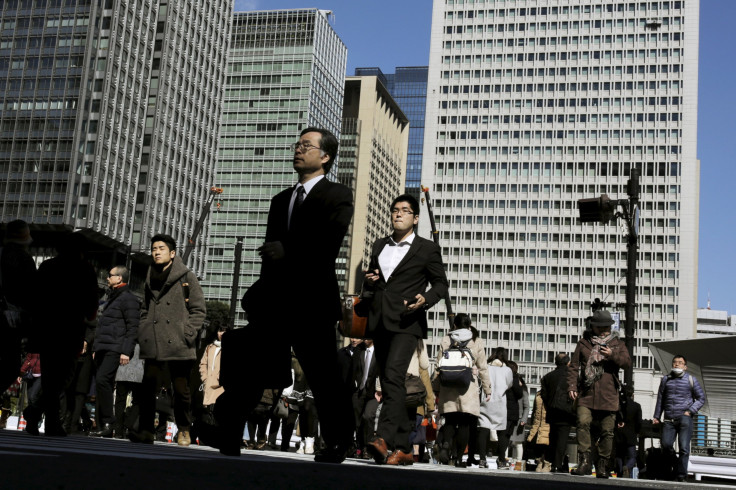Japan’s Negative Interest Rate Policy Could Bring Side Effects, Ex-BOJ Official Says

The Bank of Japan's negative interest rate policy, introduced in January, may lead to "side effects" if interest rates were pushed further down, a former BOJ executive director reportedly said Sunday.
Citing concerns among investors, Hideo Hayakawa, who spent 35 years as an economist at Japan’s central bank, said there were cases in Europe where negative rates have led to individuals being charged on their deposits. He made the statements on a television discussion on a local media channel NHK, Bloomberg reported.
Negative interest rates are intended to spur growth and easy loans by penalizing banks for hoarding funds at the central bank. However, some investors and market analysts see them as a sign that economic growth is uncertain and the central bank has used up all its other options to improve sentiment.
The credibility of central banks “is undermined when they look desperate,” Jack Ablin, U.S. chief investment officer for BMO Private Bank, told the San Francisco Chronicle last week. The benefits of negative rates “are outweighed by the negative consequences, known and unknown.”
The BOJ now charges an interest of 0.1 percent on the excess funds that financial institutions have in their accounts. While the rule applies only to banks that have kept deposits at the central bank, if the BOJ decides to lower the rate further, commercial banks may start charging handling fees from individuals, Hayakawa said, adding that: “In European countries where negative rates are close to minus 1 percent, smaller financial institutions are charging a small handling fee for small-size deposit accounts.”
When it introduced the policy at its January meeting, the BOJ said it would cut the rate further “if judged as necessary.” The country is the fourth in the world to try a negative rate policy after Sweden, Switzerland and Denmark.
While Japan’s benchmark Nikkei 225 index tumbled 10 percent since the central bank's surprise Jan. 30 move, Prime Minister Shinzo Abe defended the policy Saturday. He reportedly said it was not the cause of the current market turmoil, and instead blamed Chinese economy, oil prices and the U.S. Federal Reserve’s rate hike. Abe also assured that the interest rates that individuals earn on deposits in Japanese banks wouldn’t turn negative.
© Copyright IBTimes 2024. All rights reserved.





















